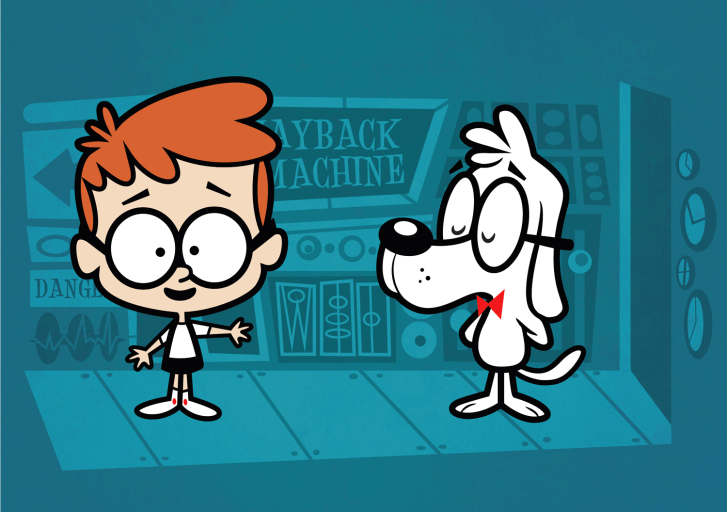HubSpot CRM — For large, medium, or small companies to manage customer relations. The interface is clean and easy to acclimate to for new teams, but also offers the configurability the pros need. The hub is one of the best in the industry — it provides an overall live view of contacts, deals, and engagement history. This gives you the ability to know where your prospects lie in the sales cycle and allows teams to take action intelligently. The automatic logging of all your customer interactions on HubSpot CRM gives you minute details about every customer, which can help you customize your communication and promotion accordingly. Over time, this data is used to discover patterns and trends such that even more personalized pitches and customer experiences are possible.
This heavy work relies on a CRM, which is a centralized repository for contact information, company details, and records of all your communications, enabling you to mutually nurture long-term customer relationships. Understanding client behavior enables companies to match their sales approach to expectations, resulting in a better customer experience. It also caters to multi-channel communication, such as email and social platforms, allowing businesses to connect with customers better. In particular, these tools are great options for small and medium-sized enterprises, as they can provide optimal customer interaction without any complications.
One of HubSpot’s greatest strengths is its free CRM plan. It includes a handful of core features that are more than enough for startups and businesses on the small side. Among those features, users can manage and keep up with all their contacts; they can tag and track deals as they move through the sales pipeline; and they can monitor emails sent and received, using HubSpot’s email integration tool, which works with both Gmail and Outlook. Users can even run some basic reports—”How many deals did we close last month?” “What is the average time it takes for a deal to go from stage X to stage Y?”—without spending a cent. In short, even businesses that wince at the idea of shelling out for a CRM can afford to give HubSpot a try.
Key capabilities available on the free version include:
- Managing contacts and leads
- Templates and tracking for email
- Scheduling tasks and tracking activities
- Essential reporting and visualization
For businesses that are growing, HubSpot has paid tiers that carry extended functionality. The pricing can vary widely depending on the tools and the number of users, and the plans range from starter to enterprise levels. Here’s a general look at their pricing tiers:
- Free – Startups, small businesses (includes Contact management, basic email tools, and reporting)
- Starter – Small growing teams (comes with Email automation, custom properties, meeting scheduling)
- Professional – Mid-sized companies (With Advanced automation, forecasting, and multiple pipelines)
- Enterprise – Large organizations (Having Custom reporting, predictive lead scoring, roles, and permissions)
These plans are built to grow in step with your business. You can begin with the essential functions and then scale up to access more advanced and powerful tools like automation of workflows, management of teams, and advanced analytics.
HubSpot provides forceful sales tools that cover the entire sales process. They encompass meeting scheduling, pipeline management, quote generation, and email automation. Under a tiered pricing canvas that can be slotted in next to the CRM, Sales Hub is available.
Notable instruments in the sales environment that HubSpot encompasses include:
- Templates and sequences for email.
- Automating sales and reminding tasks for efficiency.
- Deal prediction and execution visibility.
Although HubSpot has many features, it is not the only CRM option. Alternatives like FreshSales, Nimble, Insightly, and Zoho CRM also offer different features and pricing plans. These should be considered based on your team’s size, industry, and budget. Each has its strengths, so the best CRM is the one that works best for your business and aligns with your goals.
In short, HubSpot CRM is an excellent place for businesses to start their CRM adventures and presents a very scalable path for future growth. The combination of usability with feature depth makes it a safe choice, whether you are a complete CRM dummy or an entrepreneur looking to move into the field of multifaceted customer engagement solutions. You should never forget to carefully compare the options available to you and select the proper platform to ensure that you will satisfy your customers and your business will run successfully in the long run.














